The Crocodiles: A Novel
| by |
|---|
14.00 JOD
Please allow 2 – 5 weeks for delivery of this item
Description
Set in Cairo between 1997 and 2011, The Crocodiles is narrated in numbered, prose poem-like paragraphs, set against the backdrop of a burning Tahrir Square, by a man looking back on the magical and explosive period of his life when he and two friends started a secret poetry club amid a time of drugs, messy love affairs, violent sex, clumsy but determined intellectual bravado, and retranslations of the Beat poets. Youssef Rakha’s provocative, brutally intelligent novel of growth and change begins with a suicide and ends with a doomed revolution, forcefully capturing thirty years in the life of a living, breathing, daring, burning, and culturally incestuous Cairo.
Additional information
| Weight | 0.26 kg |
|---|---|
| Dimensions | 1.4 × 14.05 × 20.96 cm |
| PubliCanadation City/Country | USA |
| by | |
| Format | Paperback |
| Language | |
| Pages | 256 |
| Publisher | |
| Year Published | 2014-12-9 |
| Imprint | |
| ISBN 10 | 1609805712 |
| About The Author | Novelist, poet, reporter, photographer, the multitalented YOUSSEF RAKHA was born in Cairo in 1976. He received a BA in English and Philosophy from Hull University in England and since then has worked as a writer, copy editor and cultural editor-cum-literary critic at Al-Ahram Weekly, the Cairo-based English-language newspaper. He was also the founding features writer at the Abu Dhabi-based daily the National. His work has appeared in English in the Daily Telegraph, the New York Times, Parnassus, Aeon Magazine, McSweeney’s and the Kenyon Review, among others. His photographs have been exhibited at the Goethe Institute in Cairo. He is the author of seven books in Arabic, some of which have appeared in German, Polish, Slovak and Italian. Rakha was chosen as one of the best known and loved new voices of modern Arabic literature at the Hay Festival/Beirut World Book Capital competition, Beirut39, in 2009. His essay “In Extremis: Literature and Revolution in Contemporary Cairo (An Oriental Essay in Seven Parts)” appeared in the Summer 2012 issue of the Kenyon Review. The Crocodiles and Book of the Sultan’s Seal are Rakha’s first novels to appear in English. |
"In poet/journalist Rakha's brilliant novel, set in Cairo between 1997 and 2011, the suicide of an iconic female activist, the founding of the Crocodiles Movement for Secret Egyptian Poetry by a bunch of young idealists, and the birthday of Nayf, who's struggling to translate Allen Ginsberg's "The Lion for Real," all converge on a single June day. Whether Ginsberg's lion is God or love, revolution or fate, the young people here aren't quite ready, though they're full of talk. The numbered paragraphs read like prose poems and flow like the best fiction." —Library Journal"From its opening depiction of a suicide to its final pages, the author paints a disquieting picture of wild young people who can only look forward to a future that remains unresolved." —Publishers Weekly"Rakha writes with keen authenticity and imbues each scene in this kaleidoscopic, intelligent, and unconventional novel with unparalleled verisimilitude, essential reading for our turbulent times." —Booklist“What happened in Egypt around its second revolution was a mixture of grandeur and pettiness, of sorrow and mirth, of expectation and despair, of theory and flesh. All of which may be found in The Crocodiles, a novel where reality sheds its veil to reveal its true face — that of a timeless mythology.” —Amin Maalouf, Man Booker Prize-shortlisted author of Samarkand “Youssef Rakha’s The Crocodiles is a fierce ‘post-despair’ novel about a generation of poets who were too caught up in themselves to witness the 2011 revolution in Egypt. Or is it? With its numbered paragraphs and beautifully surreal imagery, The Crocodiles is also a long poem, an elegiac wail singing the sad music of a collapsing Egypt. Either way, The Crocodiles—suspicious of sincerity, yet sincere in its certainty that poetry accomplishes nothing—will leave you speechless with the hope that meaning may once again return to words.” —Moustafa Bayoumi, author of How Does It Feel to Be a Problem?"Influenced by Roberto Bolaño’s “ultrarealist” group of young poets in The Savage Detectives, and also by the American “Beat Generation,” Rhaka’s book is a collage-form account, told in paragraph-length, numbered passages that read like diary entries, about a generation of young writers and artists in Cairo. This novel is exuberant with the passions and energies of youth, and what young people endured to become artists and activists during the Mubarak regime from just before the turn of the millennium until the revolution and disillusioning aftermath of the Arab Spring. The form of it, too, is most welcome, as it can be read in very short bursts without losing anything." —Words Without Borders “Youssef Rakha has channeled Allen Ginsberg's ferocity and sexual abandon to bring a secret Cairo poetry society called The Crocodiles to life. He's done something daring and not unlike Bolaño in his transforming the Egyptian revolution into a psychedelic fiction thick with romantic round robins, defiant theorizing and an unafraid reckoning with the darkest corners of the Egyptian mentality.”—Lorraine Adams, author of Harbor"I found myself absolutely mesmerized by the poignancy and power created by Rahka’s unrestrained style; the heightened moments of beauty, despite their sequestration, are beautifully balletic in their structure and come fast and often." —Skyler Vanderhoof, The Review Lab"Think Roberto Bolaño’s modern classic 'The Savage Detectives,' with its creative sense of plot and pacing, relocated from Mexico City to Cairo. Renegade poets, bursts of violence, sex and love, all of it bubbling over alongside the revolution in Tahrir Square." —SFGate"The Crocodiles . . . revolves around Cairo’s intellectual and creative circles, particularly those active during the 1990s . . . . Rakha is both totally authentic and original in his creation of language . . . . Taken together, the zombie hordes in [Rakha's earlier novel] The Sultan’s Seal and the unformed intellectuals of The Crocodiles complete a terrifying vision of dreams broken before they can begin." —Ibrahim Farghali, Chronic |
|
| Excerpt From Book | 1. On the twenty-first birthday of a poet, ostensibly of our group, whom we knew as Nayf (his real name’s not so very important)—on June 20, 1997, to be precise—the activist Radwa Adel went to visit a relative in one of Cairo’s neighborhoods. I don’t remember which. There is no documented account of this journey by the Student Movement’s (or the Seventies Generation’s) most celebrated female icon (i.e. the activist, though we might call her intellectual, writer, great thinker: they’re all synonyms); there’s even a dispute over whether the relative in question lived on the eleventh floor or the twelfth. But what I have picked up over the years, in casual conversation with close friends of hers from the circle out of which our group grew, is that Radwa Adel played with her relative’s children for a little while, then took herself off for an afternoon nap in the bedroom with the balcony. There was nobody at home but the young children, and no sooner had the bedroom door swung back behind her than she went out onto the balcony and jumped over the wall. 3. On the day of Nayf’s twenty-first birthday, within hours of Radwa Adel’s suicide and shortly after midnight, Secret Egyptian Poetry was born in Doqqi Square, and it seemed as though the working-class wedding whose din drowned out our voices in the café (likewise working-class) had been put on expressly to celebrate this event. The wedding was in Dayir Al Nahya, a short walk from the section of pavement we monopolized alongside the Al Sobki butcher’s in Tahrir Street, and we were unable to see anything from where we sat. In the end, we didn’t get up to take a look at the wedding, but the cawing cry, framed by the nauseating electronic jangling emanating from the loudspeaker, conveyed to us an ungovernable pleasure and, at the same time, further confirmation of our conviction that poetry, the thing we could believe was poetry, must needs be secret. 7. Despite the dramatic rise in The Crocodiles’ numbers in the months that followed, by the start of 1998, all that was left of those early members were one or two talentless poets. Under the influence of an artist with whom he was then in love, Paulo devised an equation governing the relationship between writing secret poetry and literary success in the traditional sense (literary success being, of course, an impossible dream at that period in Egypt but one that, in one form or another, was still taken seriously within our circle). As for Nayf—coming into his own as a computer expert, acquiring an engineering degree from Cairo University and translating American poetry from the 1950s—he kept returning to the idea of giving up writing altogether. 12. There’s something in one of Wadih Saadeh’s poems—I don’t remember the context—about a future that dangles down, for which the speaker spreads a net in the valley that it may arrive intact, or at least does so for its suitcase, the suitcase in which it sits and in which it arrives. I know now that we never drew nets for our future, or its suitcase. We carried the suitcase carelessly, flinging it down to fall as it may. Maybe we thought of the future as too sublime a thing for its shape to be dictated by suitcases and so we did not acknowledge the end of The Crocodiles when it happened, and then, four years after that, our lives were visited by the supernatural. |
Only logged in customers who have purchased this product may leave a review.
Related products
-
Low stock
-
Low stock
20.00 JOD -
On backorder 2-5 Weeks to Arrive
20.00 JOD -
On backorder 2-5 Weeks to Arrive
10.00 JOD

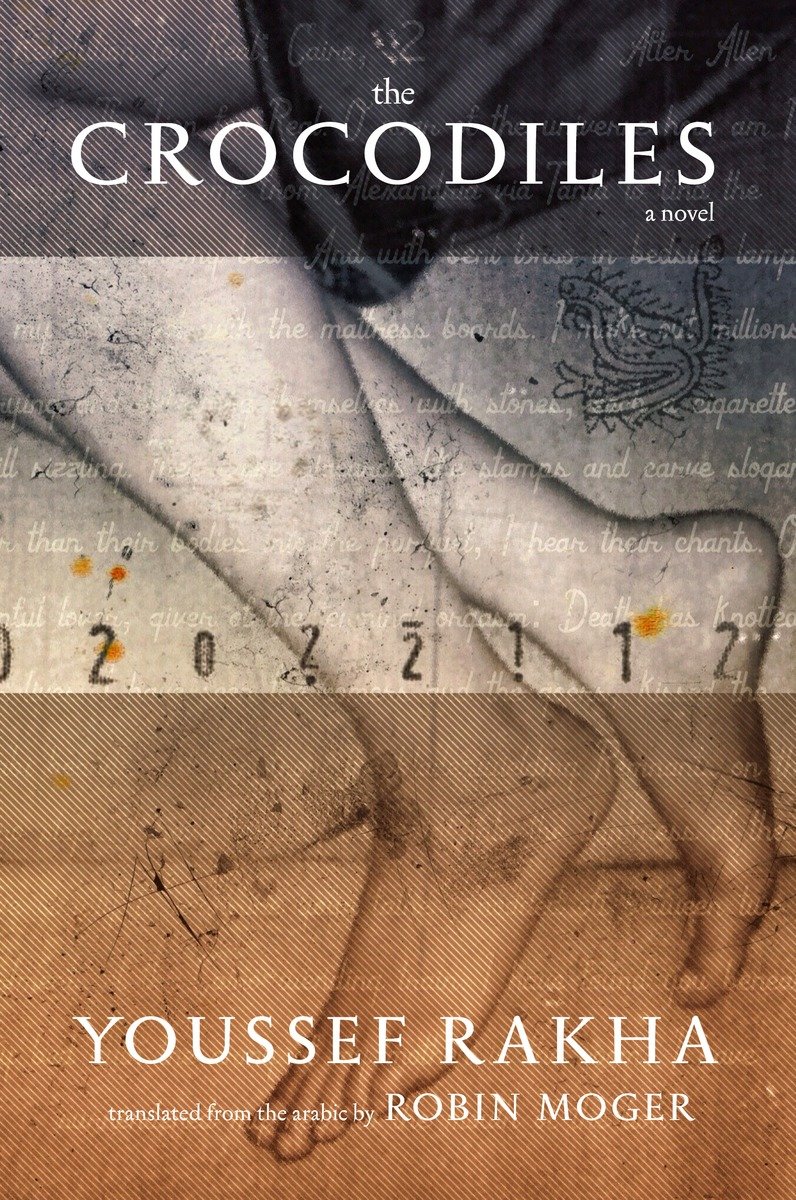
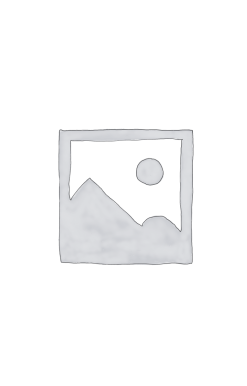
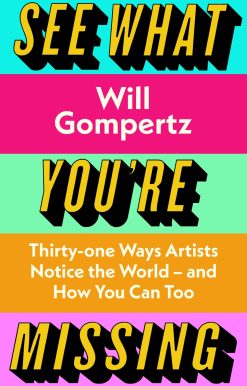
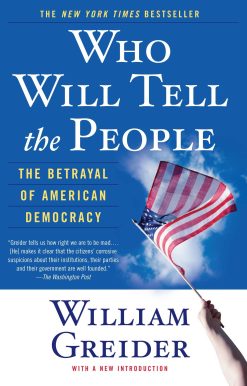
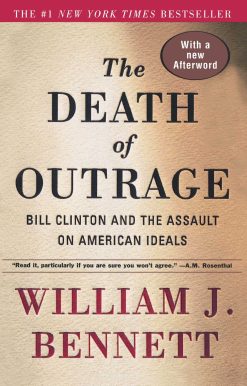
Reviews
There are no reviews yet.